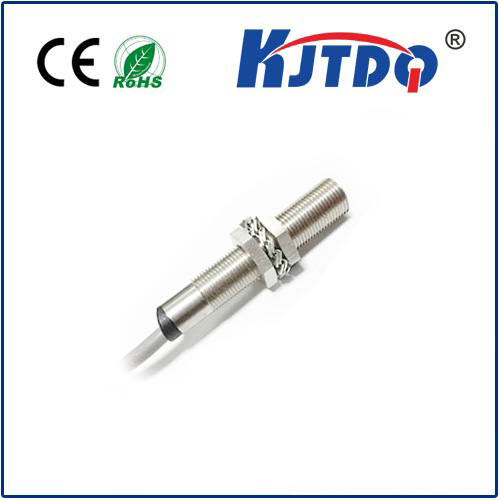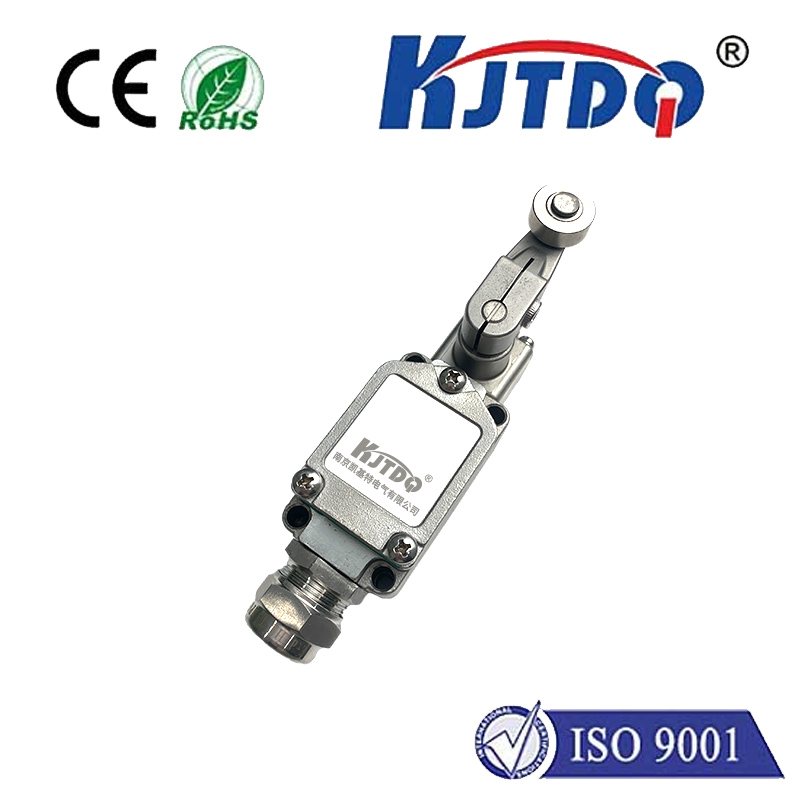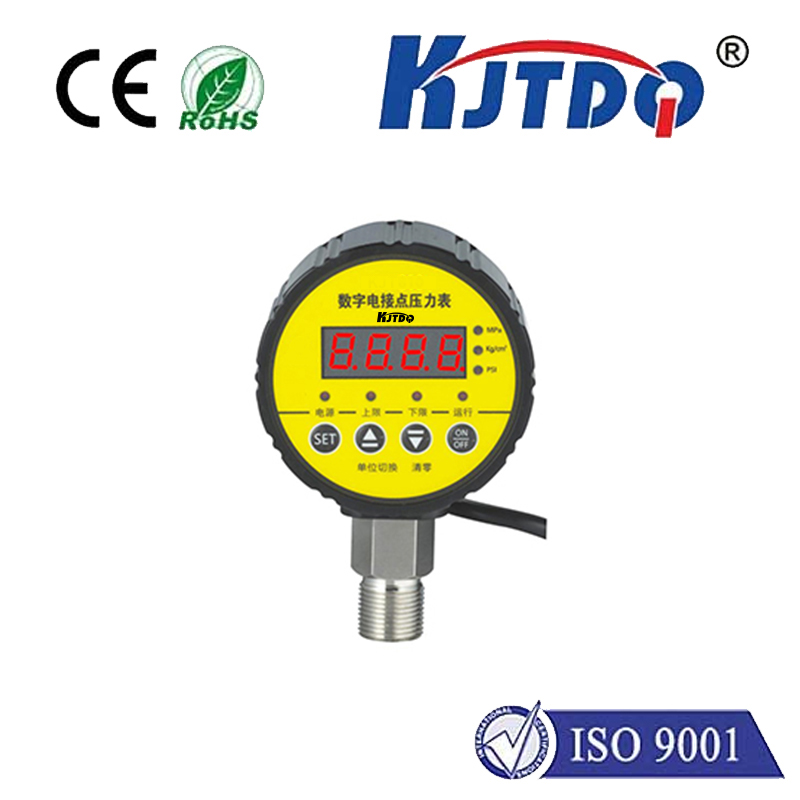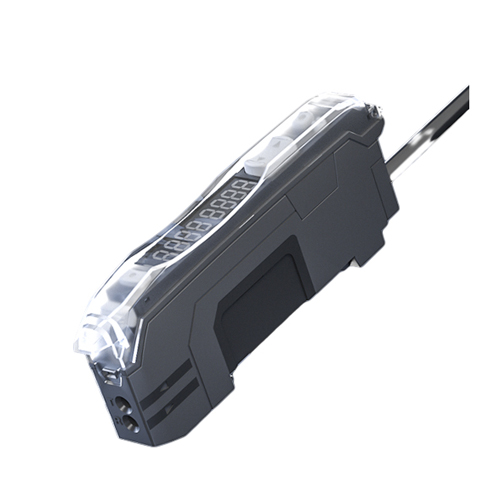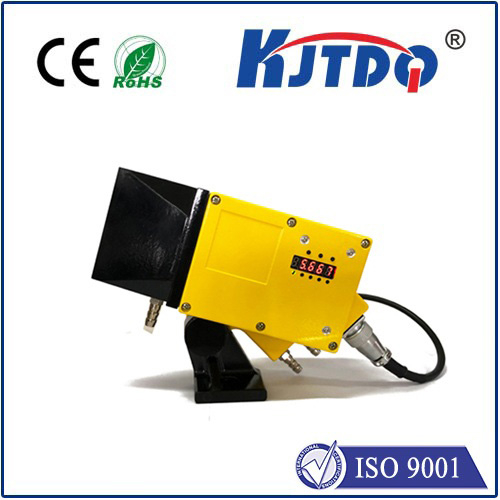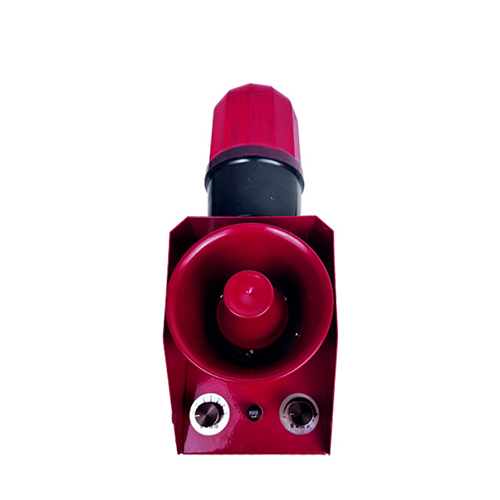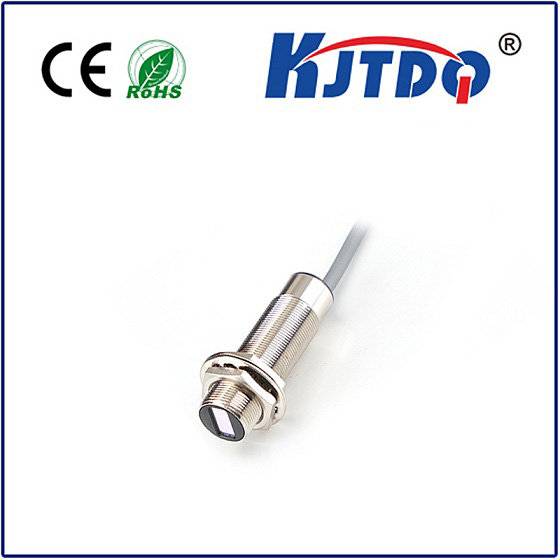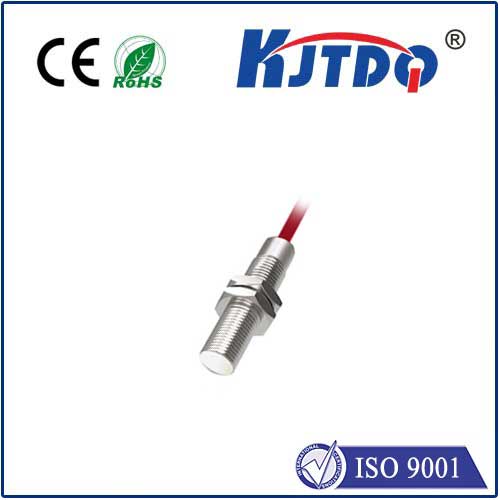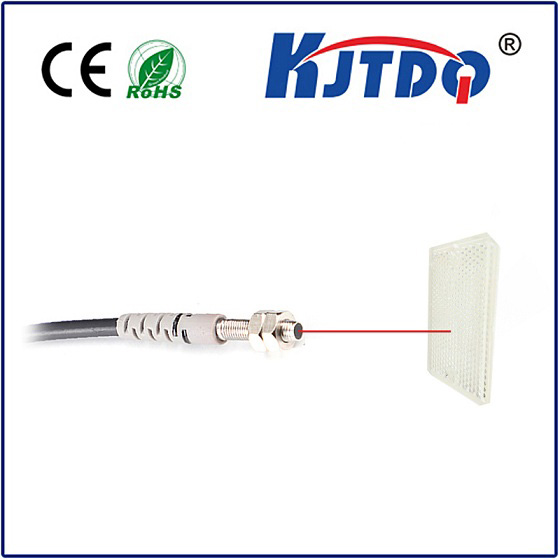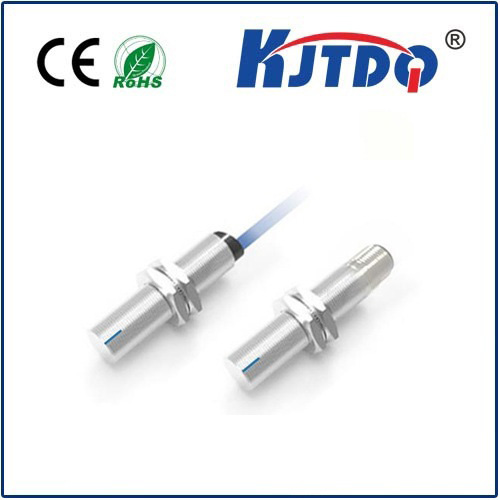

check

check

check

check
Radar Automotive Sensor: Enhancing Safety and Efficiency in Modern Vehicles
In the ever-evolving world of automotive technology, radar automotive sensors are becoming an essential component in modern vehicle systems. These sensors are designed to detect objects and measure their distance and speed, playing a crucial role in enhancing vehicle safety and performance. As cars become more intelligent and automated, the integration of radar automotive sensors is not just a technological advancement—it’s a necessity for the future of transportation.

Radar automotive sensors are typically mounted on the front or rear of a vehicle, and they operate on the principles of radio waves. These sensors emit a microwave signal and measure the time it takes for the signal to bounce back after reflecting off an object. This time measurement is then converted into distance and speed data, allowing the vehicle’s control systems to make real-time decisions. The precision and reliability of these sensors make them ideal for applications such as adaptive cruise control, automatic emergency braking, and lane departure warning systems.
One of the most significant advantages of radar automotive sensors is their ability to function in various environmental conditions. Unlike optical sensors, which can be affected by weather and lighting, radar sensors are unaffected by rain, fog, or darkness. This makes them particularly useful in low-visibility conditions, where traditional sensors may not provide accurate data. Additionally, radar sensors can detect objects at a greater distance, giving drivers more time to react and avoid potential hazards.
Another key benefit of radar automotive sensors is their contribution to vehicle safety. In the event of a collision, these sensors can detect the impact and trigger emergency braking systems. This helps prevent or reduce the severity of accidents, especially in situations where the driver is distracted or unable to react in time. Moreover, the integration of radar sensors with other advanced driver assistance systems (ADAS) enables a more comprehensive approach to vehicle safety, enhancing overall driving experience and reducing accident rates.
Radar automotive sensors are also playing a pivotal role in the development of autonomous vehicles. These sensors work in conjunction with other technologies such as LiDAR and cameras to provide a 360-degree view of the vehicle’s surroundings. By combining data from multiple sensors, autonomous systems can make more accurate and reliable decisions, leading to safer and more efficient driving. As the automotive industry moves toward greater automation, the importance of radar automotive sensors will only continue to grow.
In conclusion, radar automotive sensors are a critical component in the advancement of modern vehicle technology. Their ability to provide accurate distance and speed measurements, operate in adverse conditions, and contribute to vehicle safety and autonomy makes them an essential part of the future of automotive engineering. As the demand for safer and more intelligent vehicles increases, the role of radar automotive sensors will become even more significant, ensuring that vehicles are equipped with the tools needed to navigate the world safely and efficiently.
